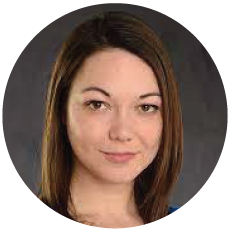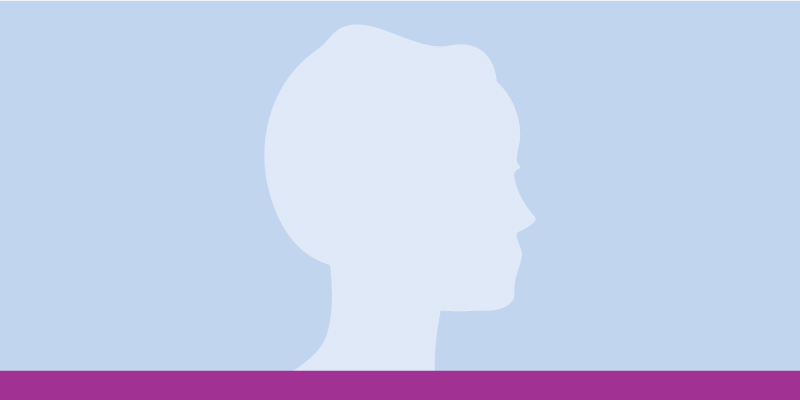 Living in Philadelphia, Jennifer Toof, M.A., sits on the Pennsylvania State Democratic Committee and serves as the secretary of Delaware County Young Democrats. Toof, experienced in advocacy work, sees this role as a natural fit with her expertise in psychology. The Chicago School helped her see that she can combine the two in her work—that they’re not mutually exclusive.
Living in Philadelphia, Jennifer Toof, M.A., sits on the Pennsylvania State Democratic Committee and serves as the secretary of Delaware County Young Democrats. Toof, experienced in advocacy work, sees this role as a natural fit with her expertise in psychology. The Chicago School helped her see that she can combine the two in her work—that they’re not mutually exclusive.
“I think that counseling and government really do go hand in hand,” Toof says. “When I am sitting across from a client or a family and they’re being impacted by these issues in the world, I can help on different levels. I can help on an individual level and teach them coping skills, but I can also advocate systemically and try to make some changes to prevent these issues from affecting my clients in the first place. I’m continuing on with my Ph.D. because I want to keep learning about different ways mental health impacts people around the world in different cultures, and how we can be effective from an individual to systemic level.”
As part of Toof ’s work with the state Democratic committee, she’s advocating for abortion rights through a process called deep canvassing, which involves engaging with others in conversation—either by going door-to-door or over the phone—and talking through issues you are seeking to support. Canvassers use scripted messages that include common objections, key statistics, and tips on how to approach undecided voters.
“It’s like being a counselor where you listen and ask them to share their thoughts and their experiences,” Toof says. “Unlike being a counselor, you also then respond with your personal thoughts, stories, and narratives with the goal of making them aware of both sides of the story, giving that human connection to persuade them to vote for someone that’s going to protect what you are canvassing for.”
In the past, Toof has used deep canvassing methods to advocate for transgender rights and now will do the same for abortion rights.
“We’ll be focusing on how this will disproportionately hurt people who are already marginalized—people of color, people who are experiencing poverty, and people that live in medically underserved areas,” Toof explains.

“While more than 60% of people consider themselves pro-choice, we need to reach anyone that’s not convinced, especially in states with critical elections. With Roe v. Wade being overturned, we need to talk to people and get them to vote for candidates who are going to tackle this issue,” Toof says.
Meanwhile, Dr. Dalton encourages her students and clients to engage where they can, knowing that counselor education can benefit from the lens of social justice.
“I challenge students on what they can do locally,” Dr. Dalton says. “Maybe they don’t feel like they can tackle a bill or change big decisions like this, but maybe they could volunteer in their area, or counsel their clients on what’s in their best interest instead of what the government is saying.”
Click here to learn six ways you can join the cause.

